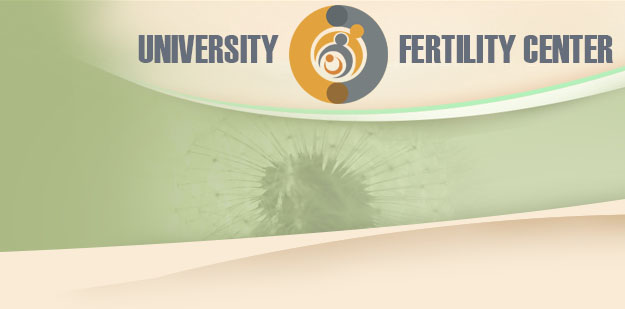
|
||

|

|
|

Preimplantation Genetic Diagnosis
Preimplantation genetic diagnosis (PGD) is a procedure used prior to implantation to help identify·genetic defects within embryos created through in vitro fertilization to prevent certain diseases or disorders from being passed·on to the child.
Preimplantation genetic screening (PGS) is a genetic test that is performed on embryos during IVF treatment to screen for numerical chromosomal abnormalities.·PGS·is performed on a few cells obtained from the embryo through biopsy. It is done prior to embryo transfer and identifies which embryos are chromosomally normal. It will also determine the sex of the embryo if it is being done for gender selection.
How is the PGD performed?
Preimplantation genetic diagnosis begins with the normal process of·in vitro fertilization that includes·egg retrieval and fertilization in a laboratory. Over the next three to five days·the embryo will divide into multiple cells.
Preimplantation genetic diagnosis·involves the following steps:
• First, one or two cells are removed from the embryo.
• The cells are then evaluated·to determine if the inheritance of a problematic gene is present in the embryo.
• Once the PGD procedure has been performed and embryos free of genetic·problems have been identified, the embryo will· be placed back in the uterus, and implantation will be attempted.
• Any additional embryos that are free of genetic problems may be frozen for later use while embryos with the problematic gene are destroyed.
Who can benefit from PGD?
Preimplantation genetic diagnosis can benefit any couple at risk for passing·on a genetic disease or condition.
The following is a list of the type of·individuals who are possible candidates for PGD:
• Carriers of sex-linked genetic disorders
• Carriers of single gene disorders
• Those with chromosomal disorders
• Women age 35 and over
• Women experiencing recurrent pregnancy loss
• Women with more than one failed fertility treatment
What are the benefits of PGD?
The following are considered benefits of PGD:
• PGD can test for more than 100 different genetic conditions.
• The procedure is performed before implantation·thus allowing the couple to decide if they wish to continue with the pregnancy.
• The procedure enables couples to pursue biological·children who might not have done so otherwise.
What are the concerns of PGD?
The following are considered concerns or disadvantages associated with·the use of PGD:
• Many people believe that because life begins at·conception, the destruction of an embryo is the destruction of a person.
• While PGD helps reduce the chances of conceiving a child with a genetic·disorder, it cannot completely eliminate this risk. In some cases, further·testing is needed during pregnancy to ascertain if a genetic factor·is still possible.
• Although genetically present, some diseases·only generate symptoms when carriers reach middle age. The probability·of disorder development should be a topic of discussion with the healthcare·provider.
• Keep in mind that preimplantation genetic diagnosis does not replace the recommendation for prenatal testing.
Information reference:
23550 Hawthorne Blvd. Suite 210 Torrance, CA 90505

© 2016 - University Fertility Center Powered by: Chicos Media
Hours of Operation: Monday – Friday, 8 a.m. – 5 p.m. Saturday, 8 a.m. – 12 p.m. Sunday, By Appointment



